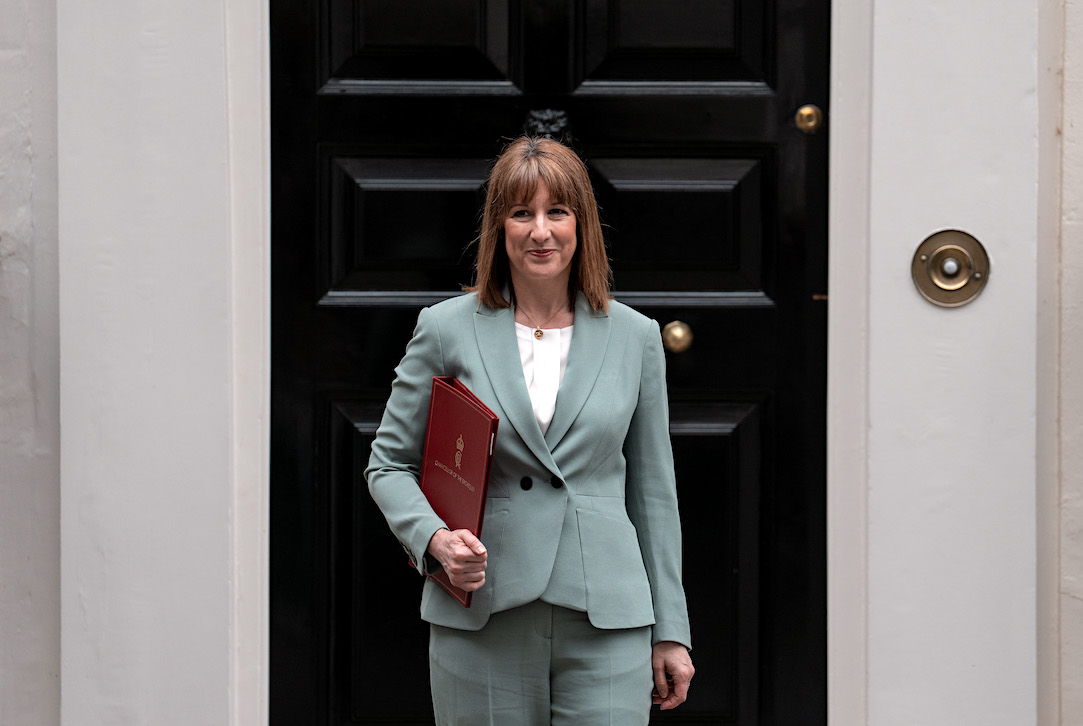Rachel Reeves has just taken her seat after delivering the first spending review since the pandemic. The plans outlined today set departmental budgets for the next three years and infrastructure spending for the next four. Total departmental spending will rise by 2.3 per cent – but, predictably, the spoils will not be shared evenly. The NHS and defence will take most of them. In real terms, the health service is set to receive a 3 per cent annual rise, leaving combined spending on the other departments with not even a 0.2 per cent increase. Britain continues its transformation into a health service with a country, and maybe a few guns, attached.
Reeves opened with a rhetorical nod to her self-declared mission: ‘My driving purpose is to make working people in all parts of the country better off’. She also took aim at Conservative economic policy, declaring austerity a ‘destructive choice for the fabric of our society.’ This echoed a strangely revisionist claim by her junior minister, Torsten Bell, who recently insisted Labour is ending austerity while sharing a graph that showed public spending surging under the previous government.
The problem Reeves faces is that austerity, at this point, is more of a vibe than a technical definition. A recent Ipsos poll showed that half the population already believes we are living through it. And given how unevenly the new funding is distributed, it’s unlikely many will feel a real difference in public services. Even the NHS – despite receiving the lion’s share of today’s new cash – has a history of adding to its headcount of doctors and nurses without improving productivity.
Meanwhile she attempted to revive ‘securonomics,’ as if it were a choice rather than a necessity facing nearly all of the West. Defence is set to rise to 2.6 per cent of GDP in two years. But the previous goal of hitting 3 per cent in the next parliament was conspicuously absent. As Paul Johnson noted, it’s now safe to assume that target won’t be met.
There’s more sleight of hand to contend with. Reeves hinted that some of the increase in defence spending could include funding for intelligence services. So the real question becomes: how much of this uplift will go toward tanks, ships and drones and how much is just creative accounting?
For Labour backbenchers who had hoped Reeves might take the IMF’s advice and loosen her fiscal rules to allow for more ambitious investment, Reeves delivered a blunt message: ‘My fiscal rules are non-negotiable.’
Reeves’s review does nothing to acknowledge, let alone address, the mountain of unaffordable commitments facing the Treasury
That may sound responsible, but it demands a leap of faith. The assumption is that these spending commitments will survive more than a few months, let alone the full three- and four-year timetables set out today. With economic growth expected to weaken in the latter half of the year and the jobs market collapsing – despite Reeves’s upbeat claim that ‘this government is backing British business’ – it’s hard to escape the conclusion that she may be forced to return to the Commons in the autumn with plans for spending cuts, tax rises, or most likely both.
The most notable line from Reeves’s speech in the Commons today was her saying that it was ‘not right that children and future generations pay for the choices we make today.’ Yet her review does nothing to acknowledge, let alone address, the mountain of unaffordable commitments facing the Treasury: a sickness benefits bill approaching £100 billion, a state pension system on an unsustainable path, and debt interest payments that continue to hobble our ability to invest. The Covid-induced state splurge certainly now seems permanent.









Comments